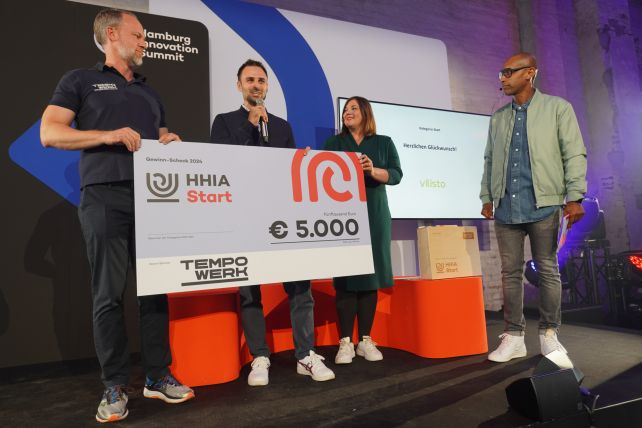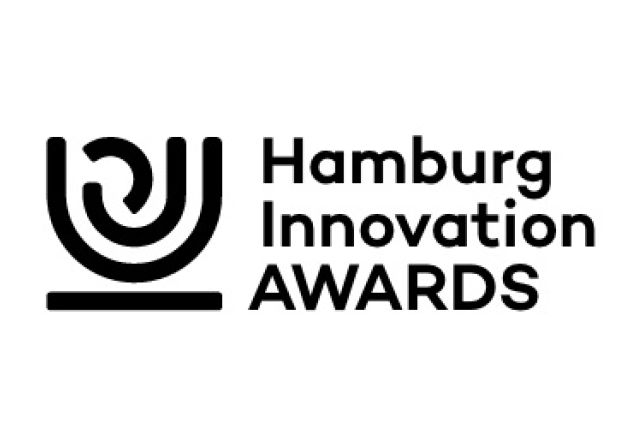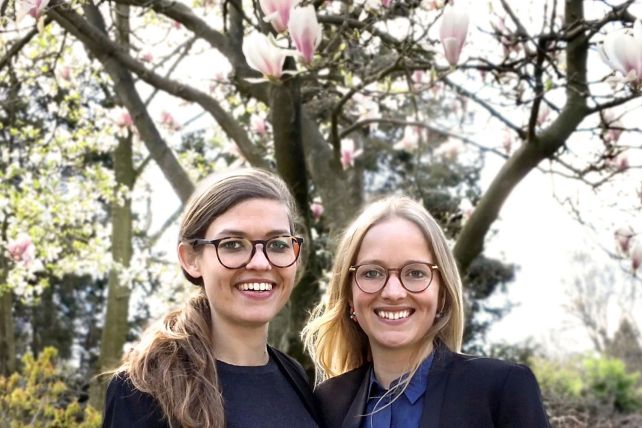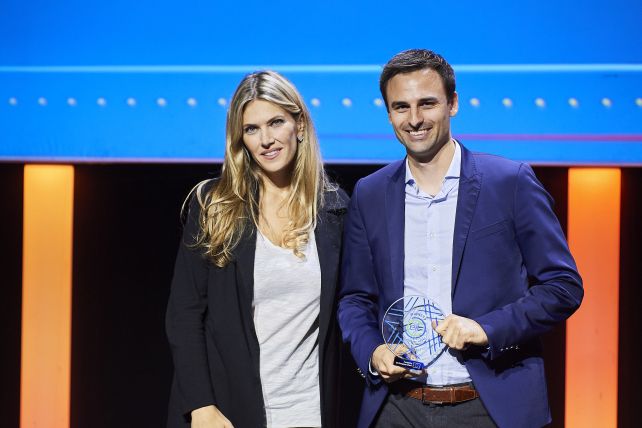Startup vilisto helps reduce heating costs in Hamburg's public buildings
In light of the energy crisis, investments in innovative technologies can help counter the strained situation on the energy market. The city's central commercial real estate company, Sprinkenhof GmbH, is therefore using intelligent thermostats and centrally controlled hydraulic balancing on circa 10,000 radiators in around 50 of its own managed public buildings. Sprinkenhof commissioned the companies vilisto from Hamburg and myWarm from Berlin to implement the system.
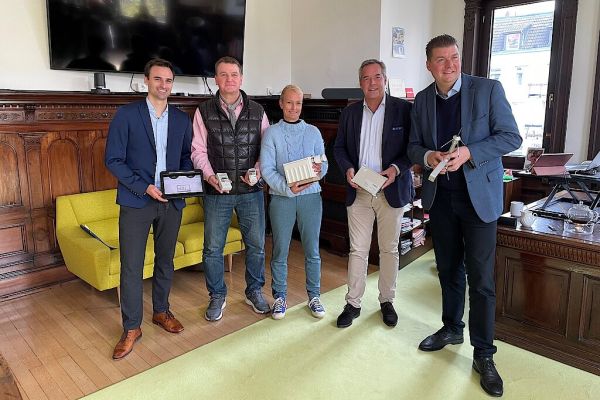
vilisto and myWarm complement each other perfectly
Since August 2022, all radiators in the approximately 50 properties are converted at short notice and with minimal effort. The technical implementation is carried out during ongoing operations without any significant disruption to workflows. By the end of December 2022, around half will already have been hydraulically balanced using myWarm technology and equipped with vilisto's self-learning thermostats. The combination of measures is expected to save up to 30 percent or 15 gigawatt hours of heating energy per year in the buildings. This is roughly equivalent to the average annual consumption of 1,800 apartments with an area of 60 m².
Hydraulic balancing by myWarm enables all radiators in all rooms to be heated evenly, thus preventing additional consumption due to over- or undersupply. In parallel, the intelligent thermostats from vilisto automatically detect whether and when a room is being used and heat it according to demand. This is so important because commercial spaces, such as offices or schools, are usually heated continuously but not used at all up to 80 percent of the time, for example after work, on weekends or on home office days.
The properties included in the project scope include office and administrative buildings, fire and rescue stations, police commissariats, cultural facilities, business parks and university properties with an area of around 1,000 to 40,000 m². These include, for example, Hamburg City Hall, the Altona, Bergedorf and Harburg City Halls, the Planetarium, the Deutsche Schauspielhaus, the Hamburg Kunsthalle and the courthouse at Sievekingplatz.




